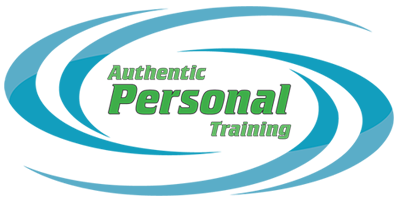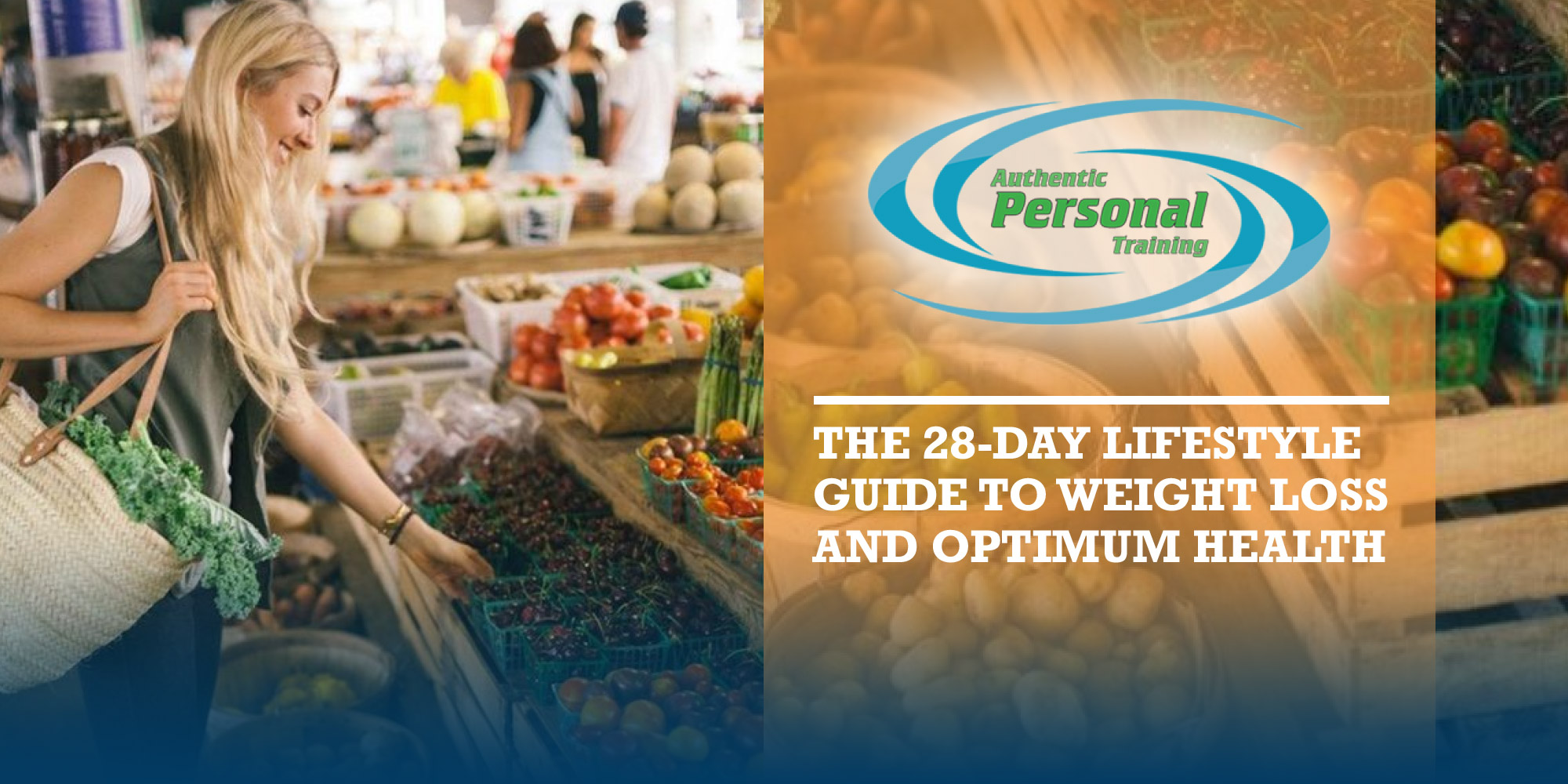When weight loss is a goal, what you eat (your diet) will play a huge role in the results that you get. Any time that weight loss is a goal, what you eat (diet), is responsible for close to 70% of the overall result. This is due to the fact that we eat far more than we exercise. The product of this is that there is more opportunity for nutritional decisions that will help or hinder us with our goals.
If your daily nutritional intake is helping you lose weight, then you will likely lose weight. If your daily nutritional intake is working against your weight loss goals, then it will be very hard to lose weight.
There are a number of things that need to be considered when looking at a weight loss diet.
The below 4 considerations are just a few that need to be taken into account.
Are you looking for a long term result or a short term fix?
This is incredibly important to take into account because it will greatly alter your headspace around what you are looking to achieve.
If you are approaching your weight loss goal with a short term mind frame, then you already have one foot out the door. You are approaching it with ‘just a few short weeks of eating less and then I will achieve my results and go back to normal’.
This is how the rollercoaster journey of results can occur. You are not willing to alter your lifestyle to keep the result forever, instead you are going back and forth between a ‘diet’ and your normal food.
The first thing we try and do with all members is immediately remove the word ‘diet’ from the vocabulary. Diet is a word that implies a short term fix, as soon as we get rid of it, we are moving towards the long-term viewpoint needed in order to see success.
The moment you start looking at your goals and nutrition as a long term result and stop using the word diet, it means that you are understanding that your health and fitness needs to be a lifestyle in order to have a greater level of ongoing success.
Do you know your numbers?
At its core, weight loss is a numbers game. To lose weight, you must be consuming less energy than you are expending. When this occurs your body creates balance by utilising sugars stored in the fat cells.
Conversely if you are consuming more energy than you are expending, you will simply be unable to lose weight.
It is important to have a good understanding of how many calories you are consuming on a normal day and how that would need to be altered in order to see the results you are after.
If you are unsure/do not know how figure all of this out, that is totally understandable and in fact it is probably expected.
Our #1 recommendation would be to consult with someone who has the knowledge, tools and understanding to make it as easy as possible for you.
It might be a little bit of an investment up front, but you are taking away all the guess work. In turn you would most likely reach your long term goal with much less confusion than trying to do it yourself.
Does your food plan have a good balance?
When looking at any nutritional intake, it is very important to understand that balance is the key to success. You need to make sure that you have a good balance between carbohydrates, proteins and fats.
Questions you need to ask about your nutritional intake include;
- Does it emphasise
- Vegetables?
- Whole grains?
- Lean meats?
- Portion size?
- Good fats?
Too many diets these days are simply eliminating certain food groups (think keto, atkins) and massively cutting calories. These do not take in to account that the food groups exist for a reason. As a result must be taken into account with a food plan, otherwise your body will be missing out.
What happens if you cut carbs too much?
Researchers found that over an average of 6.4 years of follow-up, people who consumed the lowest amount of carbohydrates had:
- A 32% higher risk of total mortality
- A roughly 50% higher risk of dying from vascular diseases
- A 36% higher risk of dying from cancer, compared to people who ate the most carbs*.
https://time.com/5381570/low-carb-diets-longevity/
What happens if you cut protein too much?
One study in postmenopausal women found that a higher protein intake was associated with a lower risk of hip fractures. The highest intake was linked to a 69% reduced risk, and animal-source protein appeared to have the greatest benefits.
https://www.healthline.com/nutrition/protein-deficiency-symptoms#section6
What happens if you cut fat too much?
The body needs fat. “If you eliminate fat too much, it can have serious health consequences,” said Jennifer Fitzgibbon, a registered oncology dietitian at Stony Brook Hospital Cancer Center in New York. “Mental health deficits like depression and vitamin deficiencies can occur.
https://www.livescience.com/52851-low-fat-diet-facts.html
Are you planning on exercising as well?
This is an important factor to take into account when looking at a weight loss diet (nutrition) if you are also planning on exercising on a daily/weekly basis.
This is an important factor to take into account because it directly impacts the amount of food that you are able to consume.
The more you move, the more energy you burn.
The more energy you burn, yes the more weight you lose. It also means that you can increase your nutritional intake in order to give your body the best chance of recovery.
Always take into account the amount of energy that you plan on doing each day when looking at your caloric intake.
In Summary…
Losing weight and the weight loss diet that comes with it does not have to be a short-term fix, it can be long term if you simply change the way you approach it and shift to a lifestyle viewpoint. The above 4 considerations are to try to make your journey a little bit easier, but you should always look to consult a professional prior to making any decision on the path that suits you best.
Want To Learn More?
Since COVID-19 entered our lives, we have aimed to deliver some great weekly information as to how you can remain healthy, productive and in good spirits. This blog post is the latest addition to a growing library of information. Click to read more on our dedicated COVID support blogs.
Over the last 6 years Authentic Personal Training has established itself as a leading health and fitness studio on the Lower North Shore. We are incredibly proud to announce that we have been voted The Best Fitness Business on The North Shore for 2019.
Join us on our Facebook page:
https://www.facebook.com/authenticpersonaltraining/
To book a complimentary Outdoor Personal Training Session with one of Sydney’s most experienced Personal Trainers, simply fill out the form below
https://www.facebook.com/authenticpersonaltraining/



